Isle of Man VS Jersey VS Guernsey – What’s the Best Place for Expat? – that will be the topic of today’s article.
Before introducing this article, if you are interested in our core services which are expat financial, insurance and mortgages, you can contact me here.
The best time to consider your financial situation is when you are moving to a new country.
Introduction
Isle of Man, Jersey, and Guernsey are three different sovereign countries in Europe. All three countries are not part of the United Kingdom, even though they remain loyal to the Queen.
They are not part of the European Union either. Instead, they are called British Crown Dependencies, self-governing island territories of the Crown. Apart from being territories of the Crown, one thing these places have in common is their beautiful, scenic islands.
Owing to their proximity to the United Kingdom and the beautiful sceneries they promise, many expats have considered relocating to these regions. Although these places share many similarities, there are a few deal-breaking factors that make them distinct.
To understand which places will be the best place to relocate to as an expat, you need to be aware of their offerings. In this article, we have compiled everything you need to know about the best options for expat. Would you love to see what we’ve unleashed for you? Read further!
Pros and Cons of Living in Isle of Man as an Expat
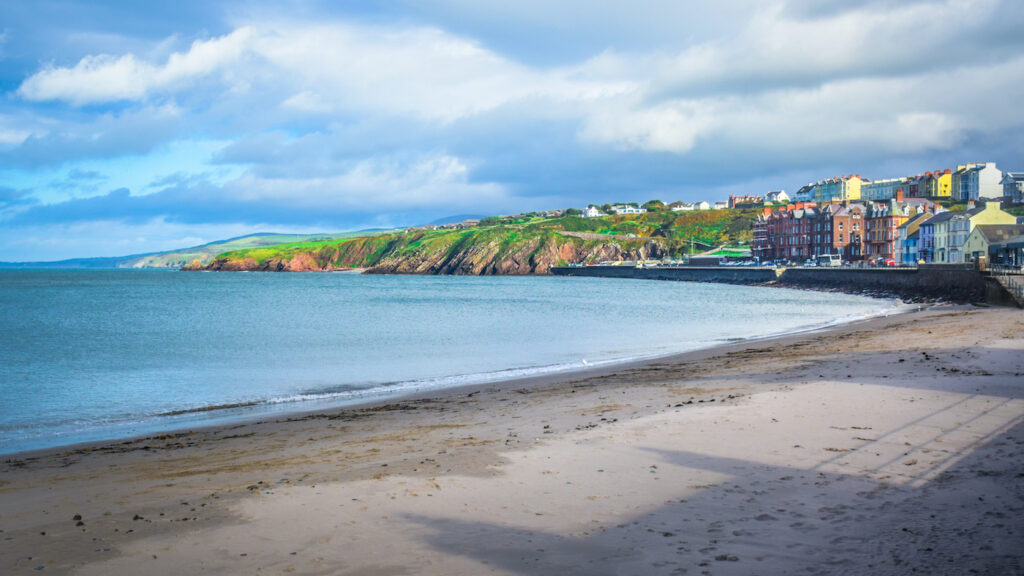
The Isle of Man is a beautiful place, no doubt. This is why the number of expatriates in the region continues to soar. However, let’s make it plainer.
Pros
These are the benefits an expat stands to gain from moving to the Isle of Man.
1. There’s Enough Work
For the expat who wishes to continue earning an income once they relocate, an assurance of available employment opportunities is necessary. The good thing is that the Isle of Man has it in abundance. The Isle of Man is an international business center with influence in both traditional sectors and emerging industries. Its diversified economy gives it a dynamic flair for creating high and low-income employment opportunities across industries.
There’s agriculture, a buzzing finance sector, a tourist industry, a film industry, aerospace, boats and planes registration, technology, and most importantly, a forward-thinking government that is open to innovation and technological growth. It doesn’t matter what professional qualifications or educational background you already have as an expat; once you get to the Isle of Man, you’ll have plenty to do.
As a foreigner, you have to be confirmed as an ‘Isle of Man Worker’ before you can work at certain jobs, and this will, of course, require that you get a work permit. Certain jobs do not require that you acquire a work permit, like ICT, nursing, social work, teaching, and eBusiness.
That being said, It would also interest you to know that regardless of the pandemic, the unemployment rate is the lowest it has ever been in 20 years. Also, salaries are 10% higher than they are in the United Kingdom. So, not only can you get the job of your dreams, but you’ll also be handsomely compensated for it.
2. They Prioritize a Healthy Work-Life Balance
Yes, there are many employment opportunities to be found in the Isle of Man, but still, a healthy work-life balance is a priority. The Manx people, the Celtic ethnic group, originating from the Isle of Man, understand that life goes way beyond conference calls, boardroom meetings, or drowning in coffee.
An environment that constantly pushes you to meet deadlines, catch up with traffic, turn in projects, close deals, etc., at the expense of your personal life, can be very overwhelming. This is why working in this region can be the breath of fresh air you didn’t think you needed. They encourage their skilled workers and professionals to lead a well-rounded life – be excellent at home and work.
A typical workday in the Isle of Man begins with a short commute to work, either by foot or bus. Then you have some of the best seafood you’ve ever tasted for lunch. Once work closes, you make a short detour to the beach to feel the wind on your skin, and finally, you end the day drinking with friends at a local pub or wine bar.
3. The People are Welcoming
There’s nothing as discouraging as moving to a new place where nobody wants to interact with you. As an expat, you must be at least warmly welcomed into your new environment as you’ll need help settling in and making the most of your time. One thing the Manx people do is draw you in.
They are exceedingly welcoming of strangers and foreigners. Although they cling tightly to the unique heritage of the Isle of Man, which is centuries old, they are also surprisingly progressive and open to learning, or at least understanding, different cultures.
They are open, friendly, and likely to start warm conversations when they see you looking lost. The hospitality of the Manx has crime statistics ranking it as the safest place to live in the British Isles.
4. The Island is Beautiful
It goes without saying that most islands are beautiful. But how many islands have been awarded world biosphere status by UNESCO? Not many, we suppose. The Isle of Man was the first island nation to be awarded world biosphere status by UNESCO, recognizing outstanding natural landscapes.
They earned this award because they managed to carefully preserve not just their wildlife and natural resources but also their heritage, culture, and communities. Imagine waking up to this beauty every day? You’ll definitely live a higher quality of life.

Cons
Granted, the Isle of Man is a great place. A beautiful one too. Still, there are a few things that would make it not so great for some expats.
1. You’ll Miss the Mall Life
If you relocated from a big city with big malls and big screens, you might be sorely disappointed by the lack of amenities in the Isle of Man.
However, this might not be a dealbreaker for many, but as a young person who has had their fill of exotic beaches and beautiful sunrises and sunsets, you might be disappointed to find that there’s not much entertainment elsewhere. No malls mean no cinemas. That’s a bummer.
2. Real Estate is Expensive
House prices in the Isle of Man are the most expensive in the North West with an average cost of 270,000 British Pounds. Should you wish to invest in real estate in that area, you might find it miles out of reach.
Especially for first-time buyers. Quite a number of peculiar factors keep the prices high, as the development of luxury housing, low taxes, etc. A worker whose earnings are average will find it challenging to buy a property, and the rent is not exactly cheap either. Teenagers and young adults who wish to move out are unable to because of this. As an expat, this is something you must keep in mind.
3. Life Can Get Pretty Slow
Island life follows a laid-back and unrushed pace. This can quickly become a problem for those that favor the hustle and bustle of the city. Everybody takes their time to get things done, too much time. It is prevalent to send business emails and not receive a reply for weeks. Although this pace could teach you valuable lessons about relaxing and living in the moment, it could get frustrating.
Pros and Cons of Living in Jersey as an Expat
Jersey is an interesting place to live, and many would find a lot of reasons why that is true. There are many good things and a few not-so-great factors that potential expats must consider before relocating to the area.
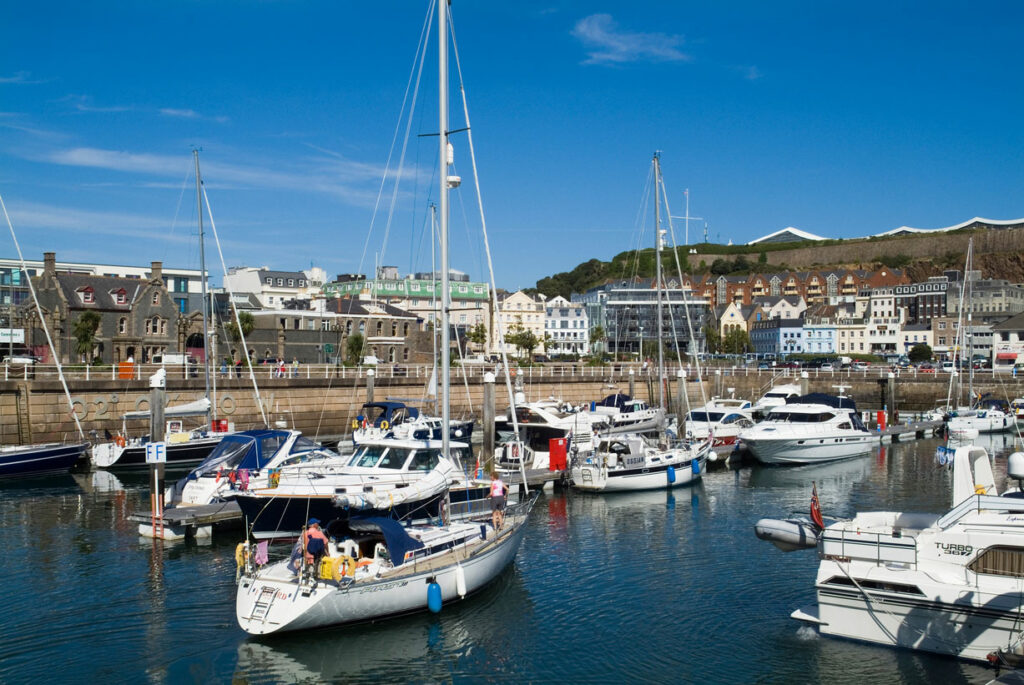
Pros
These are some of the reasons why Jersey is a great place to move to.
1. Jersey has a Thriving Financial Sector
One of the most successful finance centers in the world is right in Jersey. The financial sector alone employs roughly one-quarter of Jersey’s population. This sector covers asset management, banking, fund management, trust and fiduciary, wealth management, accountancy, company administration, compliance, and even investment advisory services.
Besides, to make it even better, there’s room for world-class professional development for those in the workforce because of the globally acclaimed training provided in the international business schools around the island. This is a goldmine for finance professionals who wish to move somewhere new without experiencing a downturn in their careers.
2. Employment Opportunities
In addition to the thriving financial sector, there are also various businesses and industries on the island that provide impressive employment opportunities for those in the workforce.
There is the long-standing legal sector, the Digital-Tech sector with a workforce of over 3,000 people, the tourism and hospitality sector with a 5,000 – 6,000 workforce, and even the public sector which is the largest single employer on the island with over 7,000 public servants.
Then there is, of course, agriculture, construction, and a diverse retail market. There’s more than enough work to go around.
3. They Favour a Balanced Lifestyle
Like most islands, a balanced life is prioritized over anything else. In Jersey, many workers go on short commutes either on foot, by bicycle, or by bus. Life is not as high-powered as many people have become used to. Instead, it is laid-back and intentionally designed to help you move from work to home and leisure seamlessly.
Jersey’s international business centers are conveniently close to its beaches, making it easy to mix business and pleasure. There is a saying that in Jersey, nobody lives more than twenty minutes away from their office and ten minutes away from the beach, no matter where they are!
4. Incredible Weather Conditions
One thing Jersey has above the United Kingdom and some of its surrounding nations is the weather. The climate is relatively mild and warmer than that of the UK. Also, the winters are cool and not as harsh as in other regions.

Cons
Jersey is not so perfect for the following reasons;
1. Investing in Real Estate Can Be Expensive, Tricky, and Difficult
The government of Jersey has made it so that residents of the island have greater access to the real estate opportunities on the island. This means as a foreigner, the requirements for purchasing property or investing are very rigorous and even discouraging.
For example, if you’ve not been a resident for at least ten years, you cannot buy a property. Also, housing prices are very high on this side. With the current exchange rates, you’ll find the median price for a home to be over $700,000. Crazy.
Even renting an apartment does not come cheap, and as an expat looking to stay in the area long-term, you’ll have to find available flats and homes reserved for tourists.
2. High Cost of Living
In case you didn’t know already, Jersey has been labeled the most expensive place to live in the world. One reason why that is true is that the quality of life promised on this island is higher than those offered in many countries and island nations.
Compared to the United Kingdom alone, the cost of living is a whopping 117.11% higher, and for the United States, it is 114.14% higher. Rent alone is 41.54% higher than in the United States and 85.23% higher than in the United Kingdom. Except you have a truckload of savings, a high-paying job, or a family trust fund somewhere, life can get pretty tricky on this island.
3. Getting Permanent Residence is Hard
There are only two ways to acquire permanent residence on this island – through employment or through economic grounds. There is a Director of High-Value Residency who handles the application process for high-value residents. By high value, they mean wealthy.
Usually, a response to that application is delivered in less than ten working days, typically positive. A non-value resident who finds employment on the island can also have their manager file residency on their behalf.
If it’s not on employment or economic grounds, your application for permanent residency might not be approved because, except for the tourists who come and go, the island likes to keep its population low to manage the resource optimally.
Pros and Cons of Living in Guernsey as an Expat
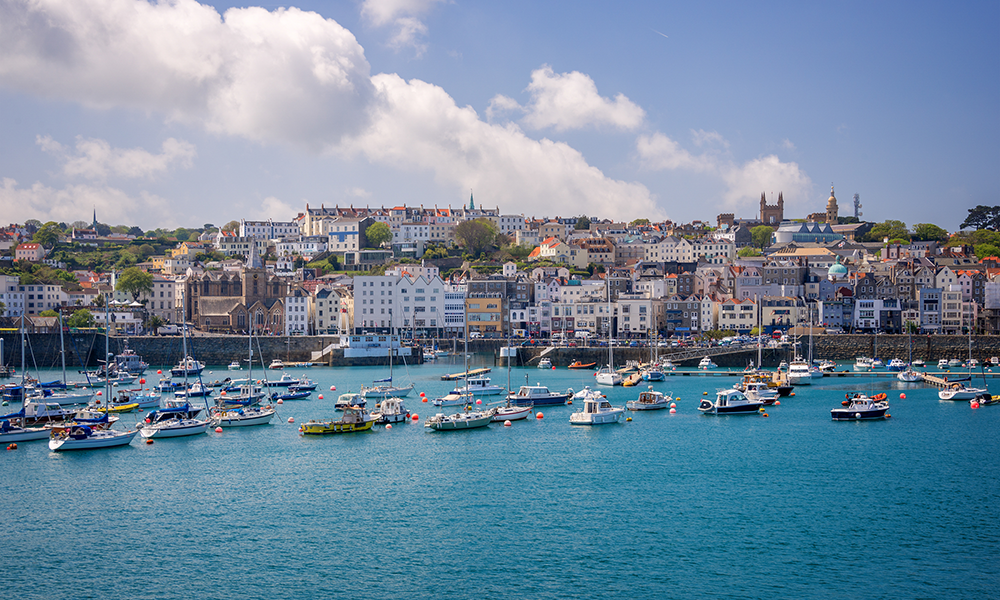
Pros
Many residents of Guernsey refer to the area as a ‘hidden gem’ in the English Channel for a lot of different reasons. Here are a few;
1. Workers Earn More
A study by HSBC Expat global survey has shown that expats in Guernsey earn more than the global average of expat earnings. The respondents revealed that the average income is $78,452, which is $5,000 higher than the average income in Jersey. Therefore, if you’re looking to relocate and still grow professionally and financially, Guernesey is a great place to be.
2. It’s a Great Place to Live and Do Business
Granted, Guernsey is a small place, but its size comes with certain benefits. The business center is conveniently close to major European cities, making it easy to move between the areas.
Also, most places are within a few minutes drive of the other, and many business people have testified to fitting many physical meetings into one day. It is also very safe, with one of the lowest crime rates compared to the UK and the neighboring countries.
There is, of course, St. Peter’s Port where you’ll find many shops selling locally made produce and antiques. Life on the island is generally family-friendly and thriving.
3. Education System is World Class
The education system in Guernsey is nothing short of excellent, and many expats have confessed to it. For starters, education is free for all children till they clock eighteen.
Although there are three privately funded schools in the area, the quality of their services is on par with those provided in the public schools. A downside to the system might be the absence of a university, but there are still many opportunities to further your child’s education.
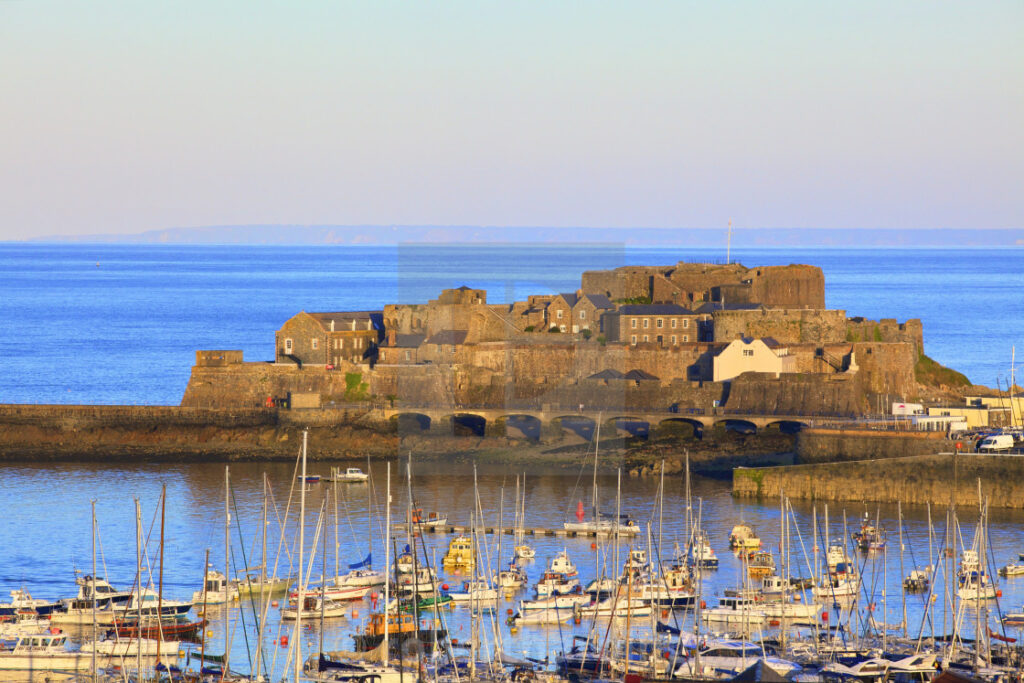
Cons
These are a few cons to living in Guernsey as an expat;
1. Housing Situation is Not Great Either
Guernsey is a small island with a developing economy. It has a minimal real estate stock of roughly 22,000 homes. As a result, this stock is tightly controlled, so the housing and investment needs of every resident is met. Although anybody can buy property on the island, the process is strictly regulated, and not many eventually qualify.
2. Getting a Work Permit is Tricky
Although Guernsey has one of the most open immigration systems in the world, not everyone can work. Whatever part of the world you might be from, you can enter Guernsey with ease and stay for as long as you want. Although you can enjoy the pristine beaches and colorful life offered on the island, you will not be able to work legally.
To work in Guernsey, you have to either be a citizen, have a housing license, or reside in a property in the open market. You can only get a housing license when you’re offered a job. With this license, you can rent property in the local market. To reside in an open market property, you need to be rich-rich. Once you can pay for such property, you have unlimited rights to work anywhere.
3. Expensive Life on the Island
The cost of living on this island is also high when compared to other regions or island nations. Shops and services provided on the island are unnecessarily expensive as they do not offer better quality than most places.
Meanwhile, it is a commonplace to find contractors in Guernsey hiring construction workers based in the UK to complete their jobs. The sum of their fees, travel and accommodation costs are usually cheaper than that provided by the local companies.
Making Your Final Decision
Placing these three beautiful places side by side will help you to determine which country would really suit you and your preferences. Before making your final decision, you must first decide which factors are the most important for your relocation. Is it education? Friendliness? Employment opportunities? Healthcare? Quality of living? Cost of living? Safety?
Jersey, for example, is a holiday favorite because of all the attractions it offers. Except you have several wads of bucks lying around, you might find a long-term stay challenging to maintain. Since there are not many attractions in Guernsey, it is considered more rural and fitted for long-term living. Life’s not as expensive on this site, and you can still manage a high-quality life on your average income or savings.
The Isle of Man offers the best of these three worlds
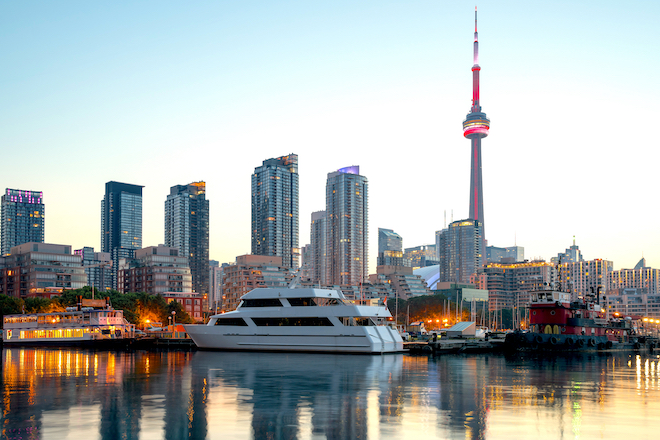
The work-life balance, communal living, and outdoor attractions contribute to the irresistibility of this region. You do not have to worry about safety either. The annual public report of the Chief Constable of the Isle of Man revealed that the area has the lowest number of recorded crimes and even fewer serious crimes in the British Isles.
He says, “The big picture is heartening. As a community, we suffer significantly less crime and fewer serious crimes than any other force area in the UK, Jersey, and Guernsey.” Therefore, we can conclude that on safety levels, the Isle of Man is the best place to move to as an expat.
As far as the British Isles is concerned, the Isle of Man has been ranked the best place to live in. It is also ranked as the 12th best place to live globally, and it is all for a good reason. This conclusion was drawn from the latest HSBC Expat Survey, an independent global survey of expats running for a long time.
Furthermore, they measure countries around the globe based on these criteria – wellbeing, economic stability, education, healthcare, finance, and the overall quality of life. Based on these parameters, it is safe to conclude that these three options – Isle of Man, Jersey, and Guernsey, Isle of Man, stand supreme.
Conclusion
Rankings aside, the final decision is yours to make. If you’re financially buoyant or it’s included in your budget, try visiting these three places and get a feel of the area. Meet the right people and ask the right questions. Soon enough, you’ll find the perfect fit.


